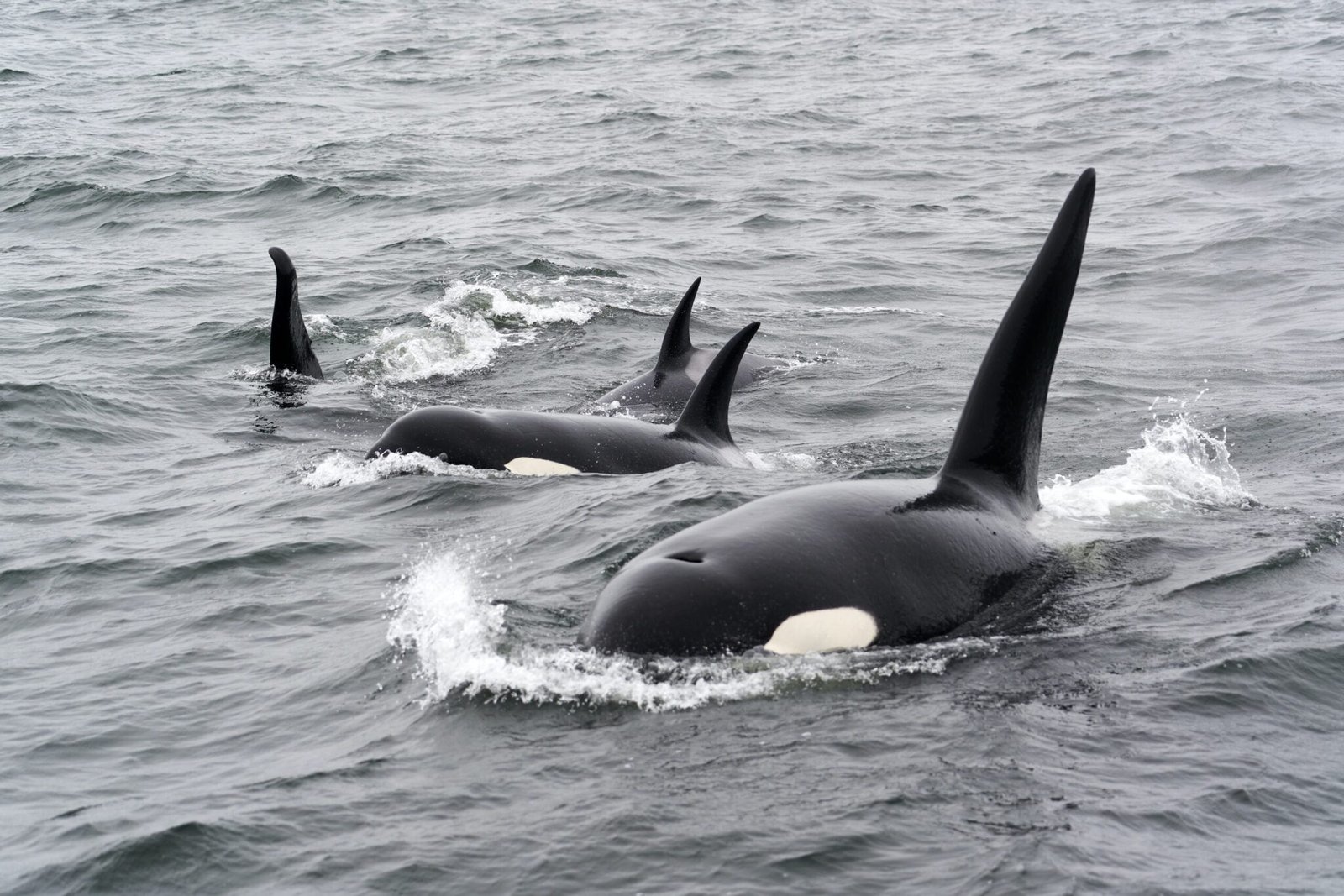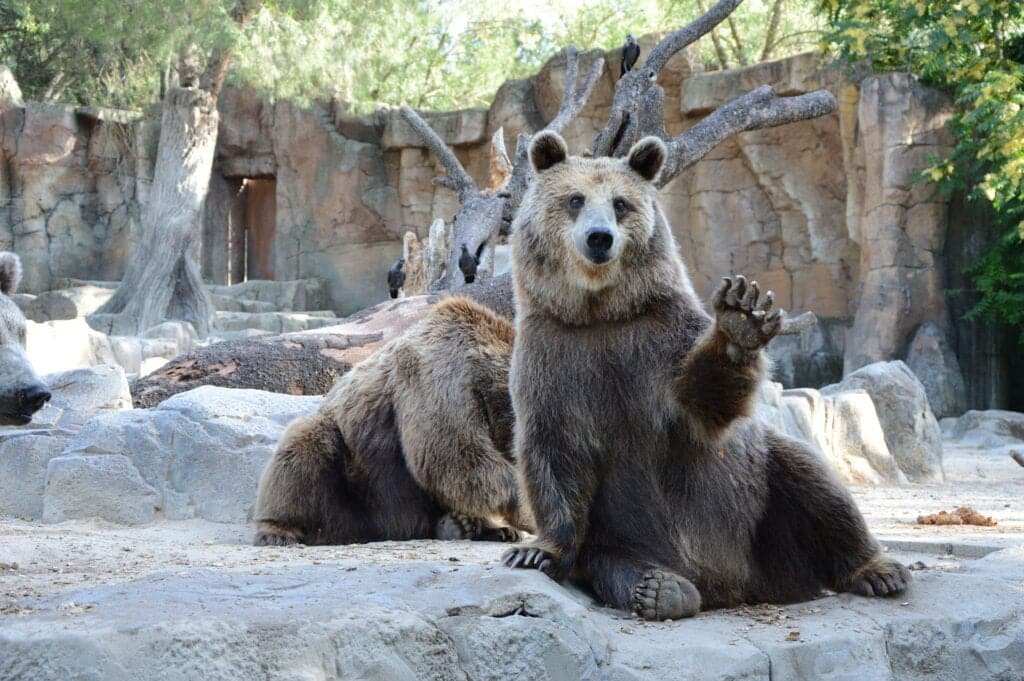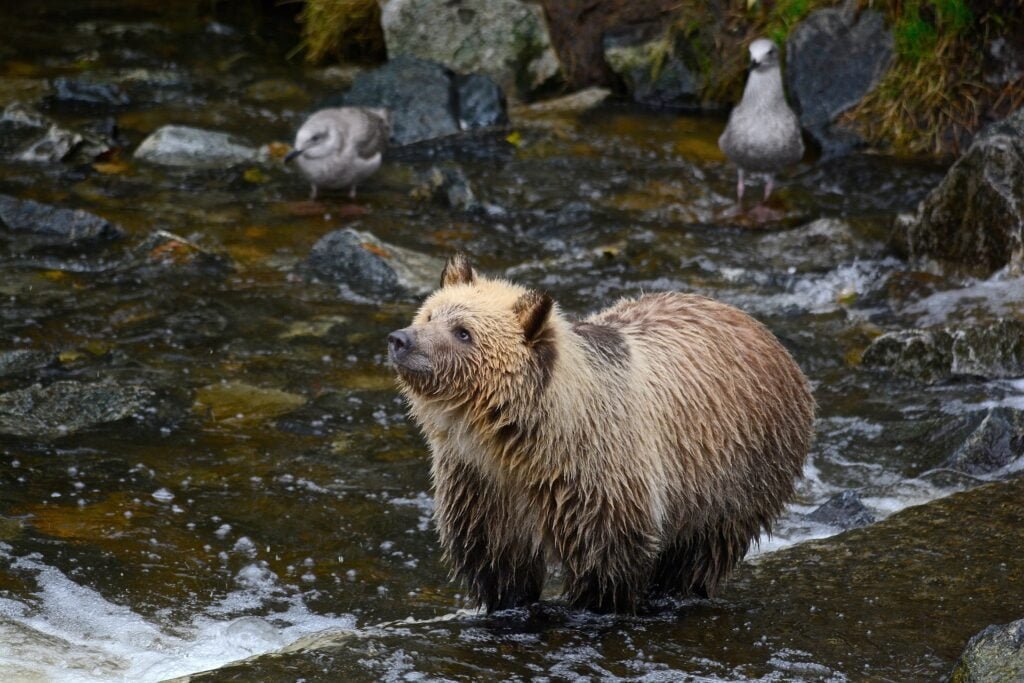Have you ever wondered if orcas, also known as killer whales, eat polar bears? It’s a fascinating question that sparks curiosity and intrigue. In this article, we will explore the behavior of orcas in relation to polar bears and shed light on this topic.
Table of Contents
The Diet of Orcas
Orcas are known to be opportunistic predators, meaning they will eat a variety of prey depending on what is available in their environment. Their diet primarily consists of fish, such as salmon, herring, and even sharks. However, orcas have been known to prey on marine mammals, including seals, sea lions, and even other whales.
Orcas and Polar Bears
While orcas have a diverse diet, there is no evidence to suggest that they regularly prey on polar bears. Polar bears are primarily terrestrial animals and spend most of their time on sea ice or land. They rely on hunting seals for their survival.
However, there have been rare instances where orcas have been observed attacking and killing polar bears. These incidents are considered opportunistic and are not a regular occurrence. It is believed that these attacks may happen when polar bears are swimming in the water or when they are stranded on ice floes.
Behavioral Differences
Orcas and polar bears have distinct behavioral differences that contribute to their unlikely interactions. Orcas are highly social animals that live in pods and exhibit complex hunting strategies. They are known for their intelligence and cooperative hunting techniques.
On the other hand, polar bears are solitary animals that rely on their strength and stealth when hunting. They are adapted to survive in the harsh Arctic environment and have specialized hunting techniques for capturing seals.
Conclusion
In conclusion, while orcas are opportunistic predators and have been known to attack and kill polar bears on rare occasions, it is not a regular part of their diet. Polar bears primarily rely on hunting seals for their survival. The behavioral differences between orcas and polar bears also contribute to their unlikely interactions. Understanding the behavior of these magnificent creatures helps us appreciate their unique adaptations and the delicate balance of nature.




